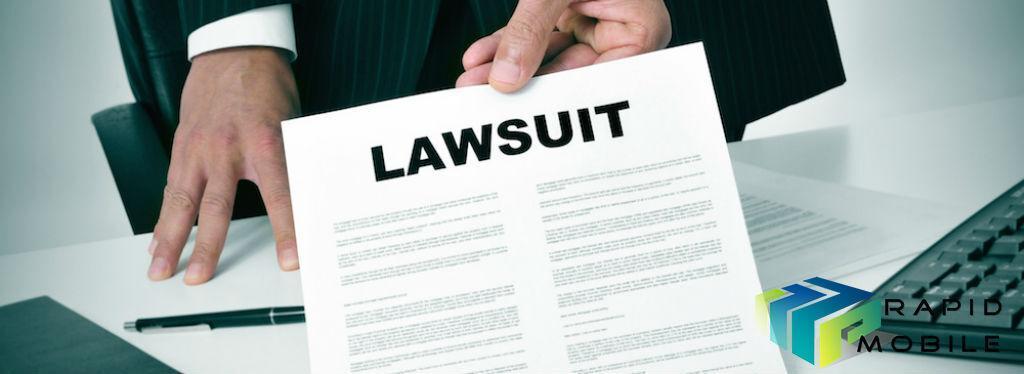The US has hit back at Huawei, asking a federal judge in Texas to dismiss the firm’s lawsuit against the US ban on its products. Huawei filed the lawsuit in March, claiming that a law limiting its American business is unconstitutional.
Huawei argued in its lawsuit that the ban violates the Fifth and Fourteenth Amendments to the Constitution – the due process clauses as well as the separation-of-powers principles since Congress is both making the law and attempting to adjudicate and execute it.
“The U.S. Congress has repeatedly failed to produce any evidence to support its restrictions on Huawei products,” Guo Ping, Huawei rotating chairman, said at the time the lawsuit was filed.
“We are compelled to take this legal action as a proper and last resort. This ban not only is unlawful, but also restricts Huawei from engaging in fair competition, ultimately harming U.S. consumers.”
Huawei has become a casualty of the simmering US-China trade war. The company was blacklisted by the Trump administration after being accused of spying for Beijing, a claim the Chinese firm denies.
Google, whose Android OS is used in many of Huawei’s phones, was among the American tech companies prohibited from dealing with Huawei.
After meeting with Chinese President Xi Jinping at the G20 summit in Japan, US President Donald Trump said on Saturday that:
“US companies can sell their equipment to Huawei,” as long as the transactions won’t present a “great, national emergency problem.”
This week, Washington said that license requests from American companies seeking to import products to Huawei were being reviewed “under the highest national security scrutiny” because the company was still blacklisted.
According to the US administration, top representatives of the two countries are planning to resume talks next week.



